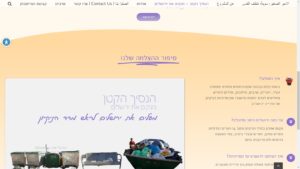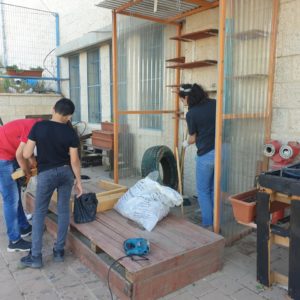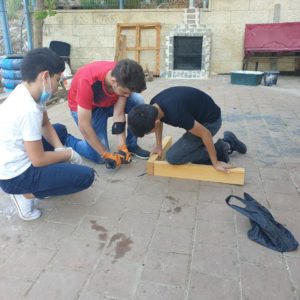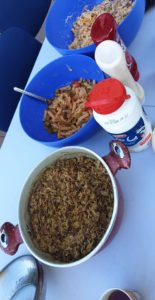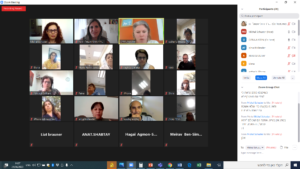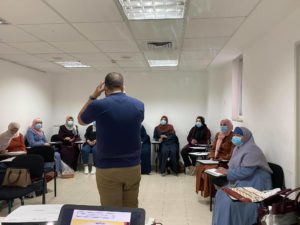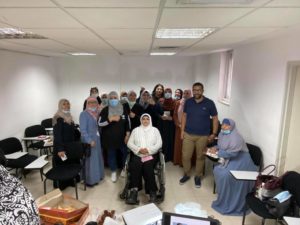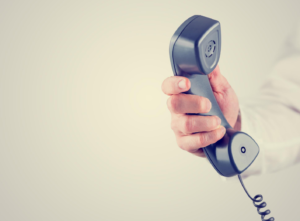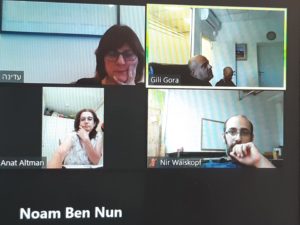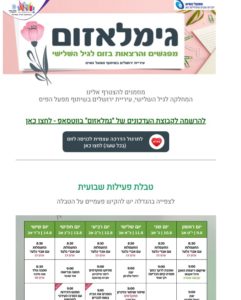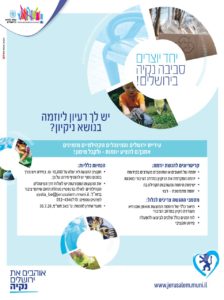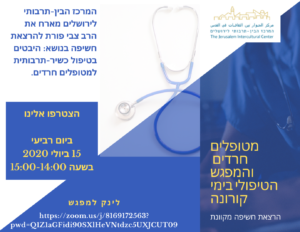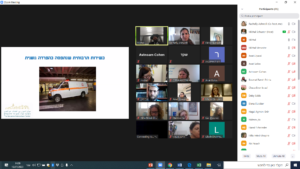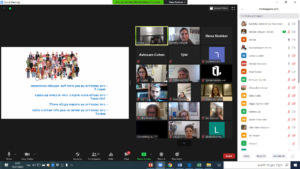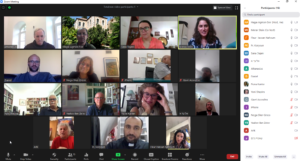A New Web Site for the Little Prince
The Little Prince has a new web site!
In May 2020 the Little Prince (well – the full name is “The Little Prince – Cleaning Jerusalem Together“) was 3 years old. This group of Jerusalemite activists – Jews, Arabs, religious and non-religious) is the main impetus for making Jerusalem a cleaner city a top priority of the Jerusalem Municipality. We are proud to be helping this activist community from day one and be the facilitators of many of its processes. In honor of this occasion and of the development and growth of the initiative, we decided to develop a website in Hebrew and Arabic.
The site describes the project, presents its stages of development, success stories, and materials we created over the years. You can learn about our different methods, view pictures and articles about our work and achievements as a result of the work of our dedicated members.
We can final refer people to read about our accomplishments and enable them to contact us. You, too, are welcome to enter!
Here’s a link to the site: https://www.littleprince.org.il/
Many thanks to the Jerusalem Foundation, the Natan Fund, and the US Embassy in Jerusalem and Tel Aviv, for their support of the Little Prince.

